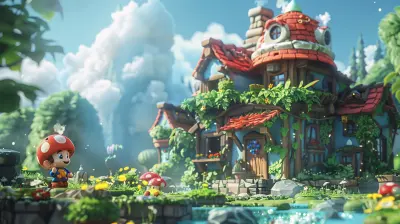The Future of Episodic Gaming Through Downloadable Content
11 June 2025
Imagine this: you’re on the edge of your seat, controller in hand, the final moments of an episode wrapping up with a cliffhanger that leaves you gasping. That perfect mix of suspense, excitement, and eagerness for what’s next—that’s the magic of episodic gaming. But where is this trend heading, especially in the age of downloadable content (DLC)? Let’s dive into the future of episodic gaming and how DLC is reshaping the experience for gamers everywhere.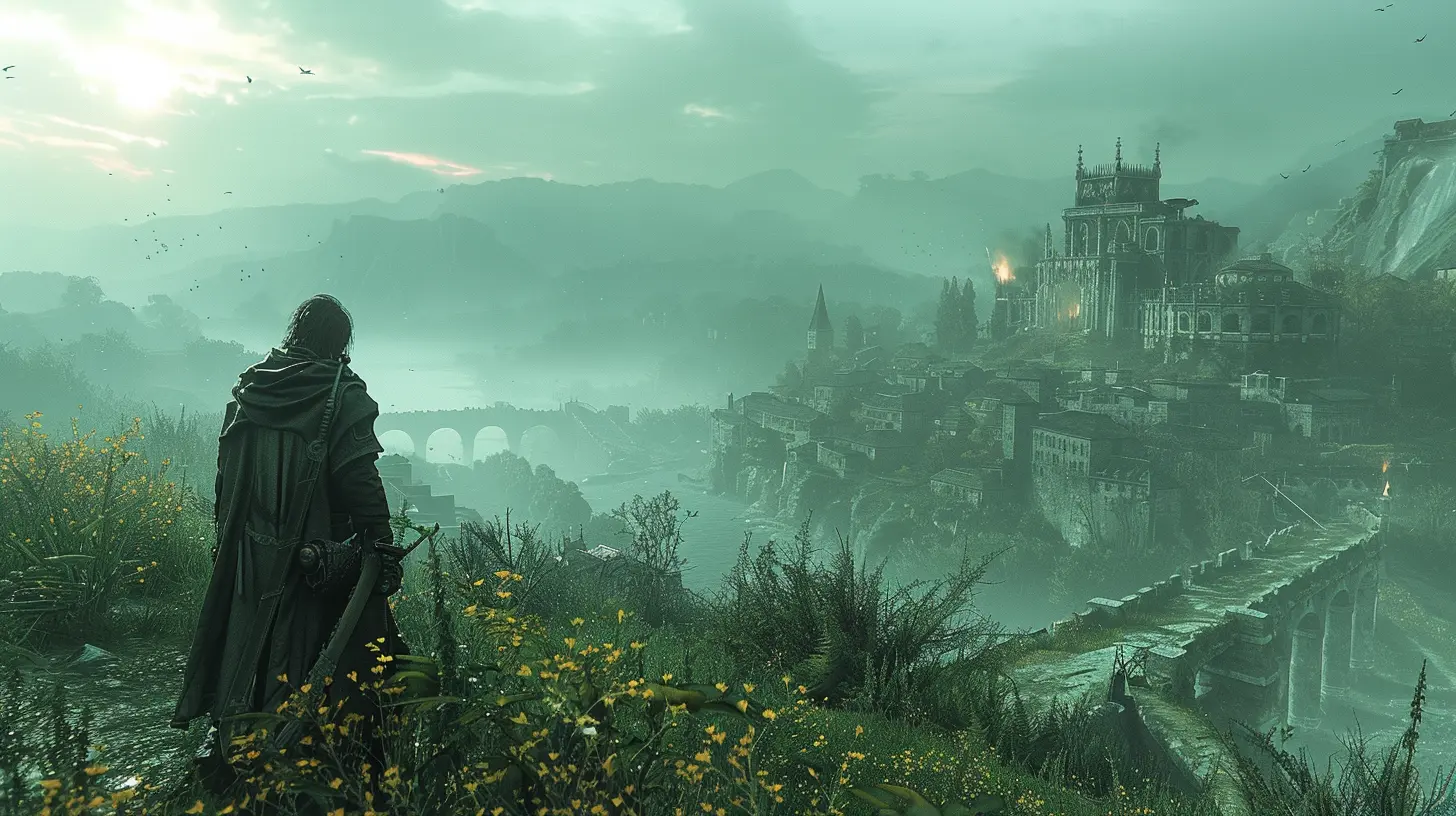
A Quick Look at Episodic Gaming
Before we start analyzing the future, we need to appreciate where episodic gaming came from. It all started when developers realized they could release games in smaller, bite-sized chunks—episodes—rather than cramming everything into one release. Think of it like binge-watching your favorite Netflix series, except you’re the main character driving the story forward.Games like The Walking Dead by Telltale and Life is Strange solidified episodic gaming’s spot in the industry. They offered players narrative-rich experiences, broken into chapters that could be consumed over time. The cliffhangers, the emotional gut-punches, the ability to stew over decisions you made in one episode before the next one dropped—it was a whole different vibe.
But now, with the rise of downloadable content (DLC), episodic gaming is evolving into something even more dynamic.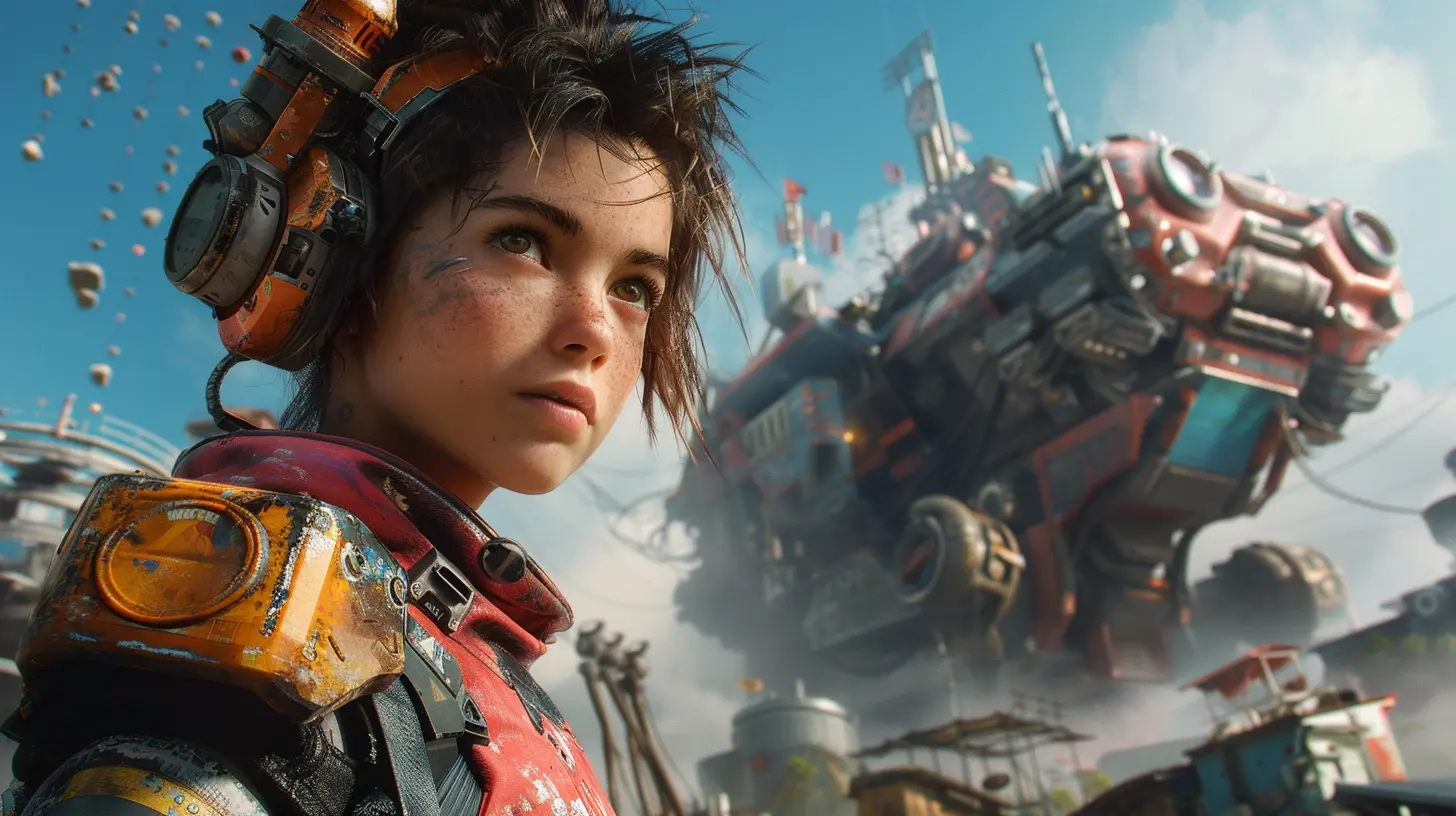
DLC: The Game-Changer for Episodic Gaming
Downloadable content has been around for a while, but when paired with episodic gaming, it feels like a match made in heaven. DLC has completely changed how developers approach the format, giving them the freedom to expand stories, refine gameplay, and cater to audience feedback—all without having to put out an entirely new game.Think about it: instead of dropping a 20-hour game all at once, developers can start small, test the waters, and build on the foundation as they go. It’s flexible, scalable, and, most importantly, player-focused. And for gamers? It means fresher content, faster updates, and, in some cases, a more personalized experience.
But wait—what does this mean for the future of episodic gaming? Let’s break it down.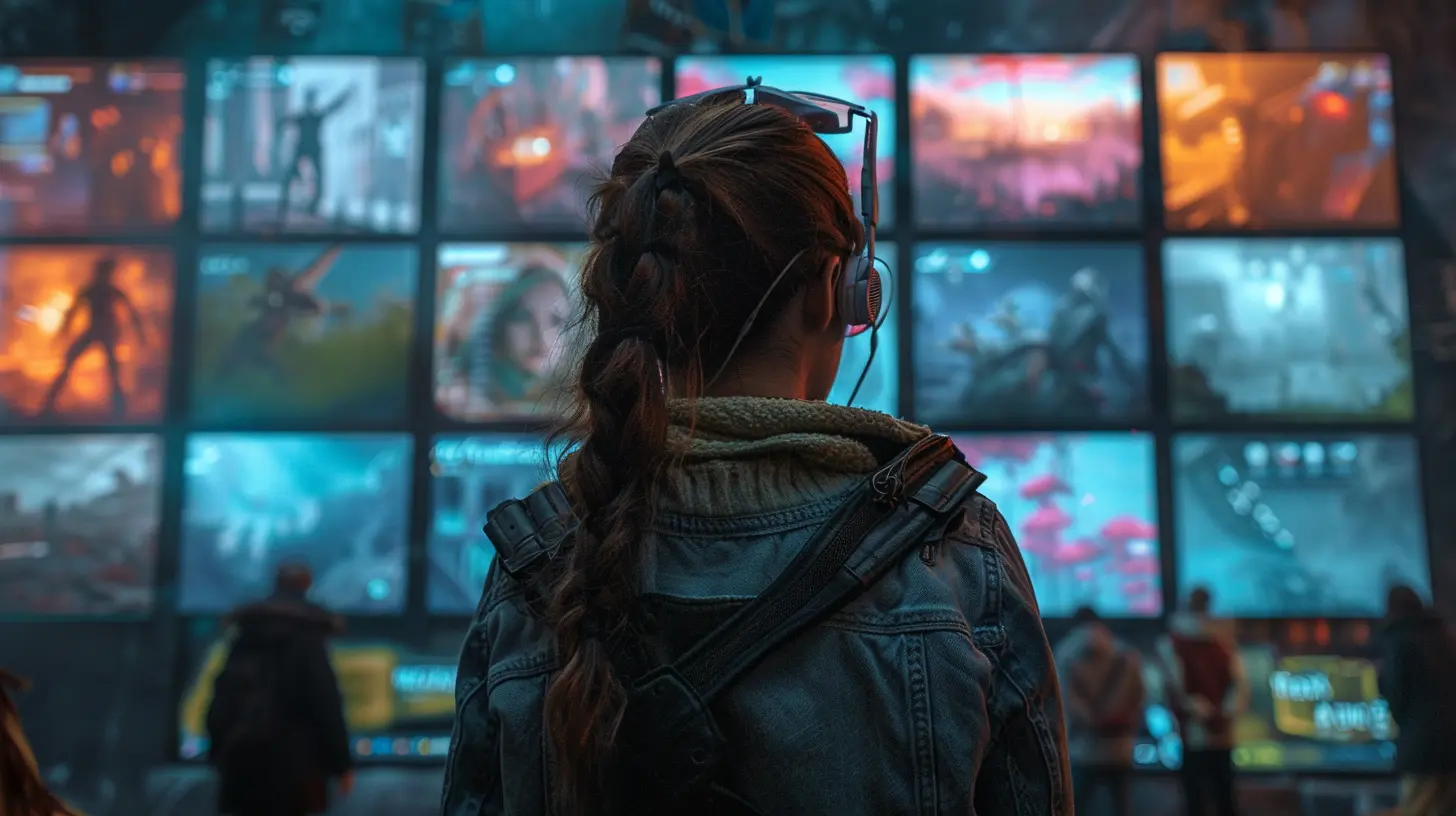
The Rise of Player Feedback in Real-Time
One of the coolest things about combining episodic gaming with DLC is how developers can respond to player feedback between episodes. Gamers are vocal (sometimes brutally so), and their input can shape the direction of future episodes.For example, if players didn’t connect with a particular character or felt that a plot twist was too predictable, those concerns can be addressed in subsequent episodes. It’s like having a direct line to the creators of your favorite show and telling them exactly what you want to see next.
This ability to pivot and adjust is a game-changer. It allows developers to craft stories that resonate more deeply with their audience, ultimately leading to games that feel more personal and engaging.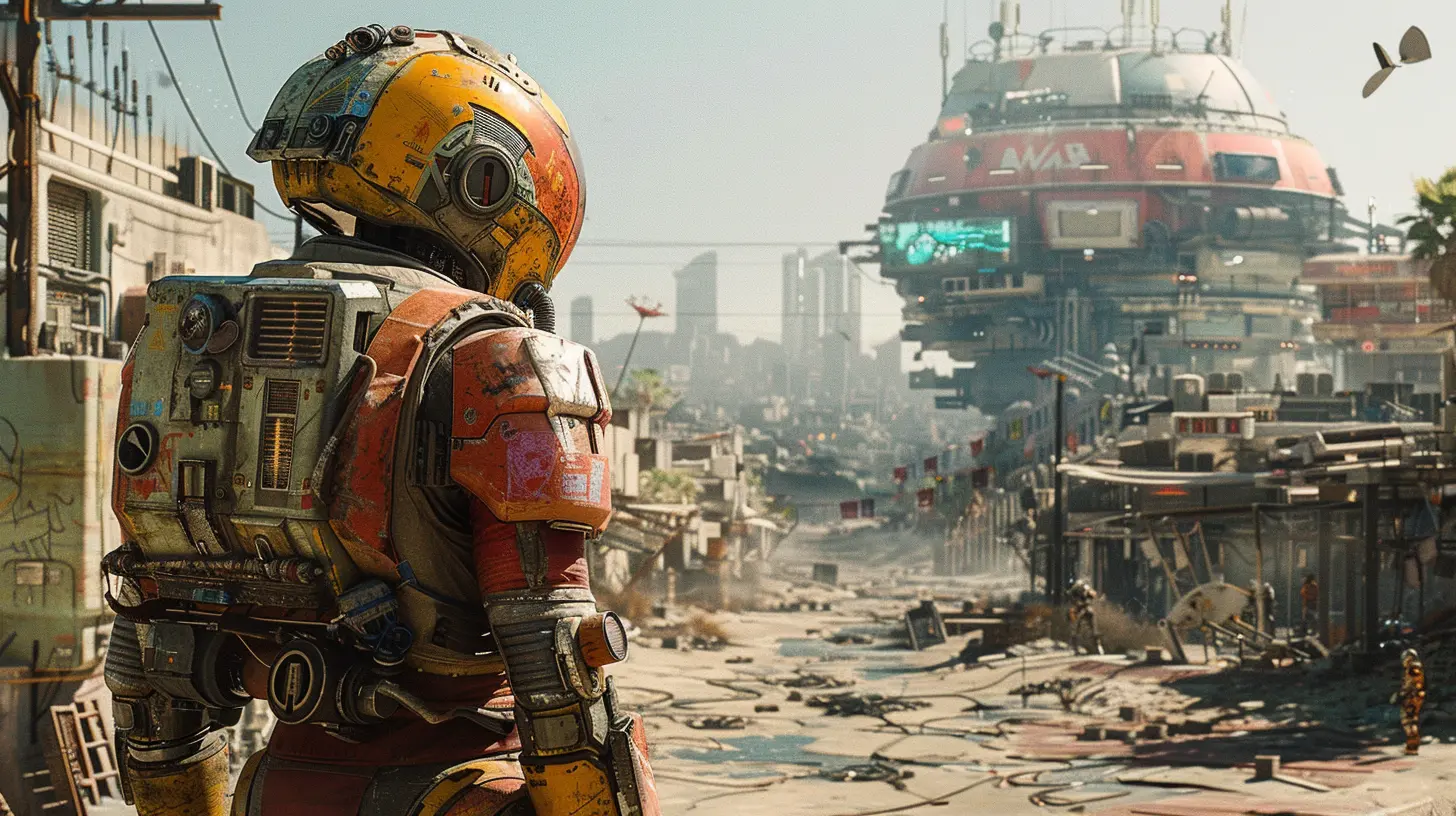
Breaking Financial Barriers with Episodic Pricing
Let’s be real—gaming can get expensive. Dropping $60 for a new title isn’t always feasible for everyone. But episodic gaming, paired with DLC, offers an alternative. Since players can buy episodes as they’re released—or purchase a “season pass” for the entire series—it's a more affordable way to enjoy high-quality games without breaking the bank.It’s a win-win: players get to experience games in digestible chunks, and developers can count on a consistent revenue stream with each new episode or DLC drop. Plus, it’s a great way to reduce risk for smaller studios that might not have the budget to release massive, full-scale games all at once.
Creating Longer Lifespans for Games
Remember the days when you’d finish a game and then... that was it? Roll credits, thank you for playing, goodbye. Episodic gaming with DLC flips that concept on its head. Now, games can have much longer lifespans.Let’s say a game drops its first episode in January. By the time the final episode is released, it could be December—or even later. During that time, developers can keep players engaged by sprinkling in bonus DLC, mini-quests, or expansions that build on the game’s universe. It’s like a never-ending story that keeps pulling you back in.
The result? Players stay invested, communities grow larger, and games remain relevant for years instead of fading into obscurity a month after launch.
The Power of Streaming Services
Here’s where things get really interesting—streaming. With services like Xbox Game Pass and PlayStation Plus offering episodic games as part of their subscription packages, episodic gaming has become more accessible than ever.Players no longer have to worry about individual purchases. Instead, they can dive into episodic content as part of their monthly subscription, making it easier to try out new games without committing to a full purchase. It’s like renting a season of your favorite show before deciding if it’s worth owning.
This setup could encourage developers to take more creative risks, knowing that their games are reaching larger audiences through these platforms. And that’s great news for gamers who crave innovation and fresh ideas.
Challenges That Lie Ahead
Of course, it’s not all sunshine and rainbows. As exciting as the future of episodic gaming and DLC is, there are a few hurdles to overcome.1. Delays Between Episodes
Nothing kills the momentum of a great episodic game like long delays between releases. Players might lose interest, forget plot details, or even feel frustrated if they have to wait months (or years) for the next installment.2. Balancing DLC with Episodic Releases
There’s also the risk of oversaturation. If developers pile on too many DLC packs between episodes, it could feel like a cash grab rather than a sincere effort to expand the story. The last thing gamers want is to feel like they’re being nickel-and-dimed.3. Maintaining Narrative Depth
Finally, there’s the challenge of keeping the story engaging from start to finish. Stretching a game over multiple episodes and DLC packs requires impeccable storytelling chops. A single weak link in the chain could tank the whole experience.What the Future Holds
So, where does this leave us? The future of episodic gaming through downloadable content is filled with potential. As technology continues to improve, we might see even more immersive experiences—perhaps episodic VR games or AI-driven narratives that adapt to each player’s choices in real time.It’s also likely that the line between episodic gaming and live-service games will blur. We might see hybrid models where games are constantly updated with new episodes, DLC, and events to keep players engaged over the long haul.
One thing’s for sure: episodic gaming isn’t going anywhere. If anything, it’s evolving into something more player-centric, accessible, and creative than ever before.
Final Thoughts
At its core, episodic gaming thrives on connection—connection between players and stories, between developers and their communities, and between the past and the future of gaming. Thanks to DLC, these connections are only getting stronger.Whether you’re a die-hard fan of episodic storytelling or someone who’s just dipping their toes into the format, one thing is clear: we’re living in an exciting time for gaming. And with DLC driving innovation, the future looks brighter than ever.
all images in this post were generated using AI tools
Category:
Downloadable ContentAuthor:

Francesca West
Discussion
rate this article
3 comments
Misty Burton
Ah, episodic gaming and DLC: the perfect recipe for a blockbuster dinner! Just remember, if every chapter comes with a side of microtransactions, we might end up with an all-you-can-eat buffet that spoils the appetite for adventure!
June 16, 2025 at 3:17 AM

Francesca West
Great analogy! Balancing content and microtransactions is crucial to keep the gaming experience enjoyable and engaging.
Talia Kirkpatrick
The shift towards episodic gaming via downloadable content offers innovative storytelling potential, yet risks fragmenting player engagement and narrative cohesion.
June 13, 2025 at 5:01 PM

Francesca West
Thank you for your insight! Balancing innovative storytelling with cohesive narratives is crucial for the success of episodic gaming, and we'll explore strategies to maintain player engagement throughout this evolution.
Ainsley Powell
This article raises intriguing possibilities for episodic gaming! I'm curious to see how downloadable content can enhance storytelling and player engagement. Will this approach redefine game experiences or just serve as a cash grab? Exciting times ahead!
June 12, 2025 at 4:48 PM

Francesca West
Thank you for your thoughts! I believe downloadable content has the potential to significantly enhance storytelling and player engagement in episodic gaming, but its success will depend on thoughtful implementation rather than merely monetization. Exciting times indeed!
